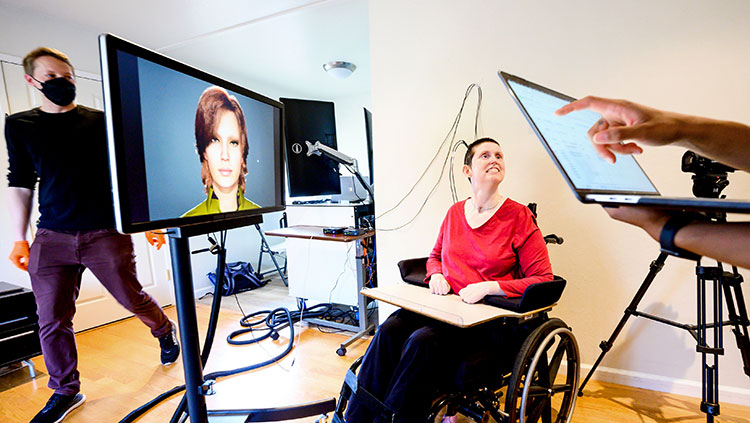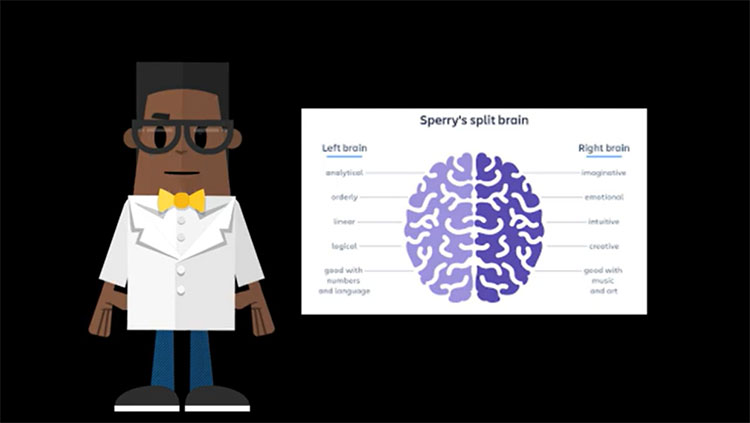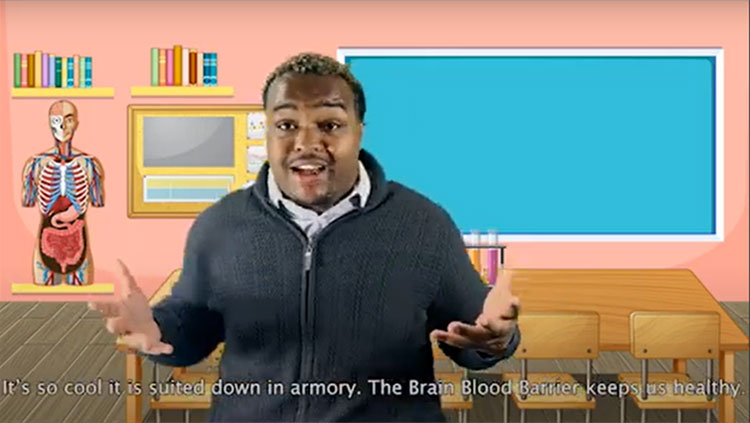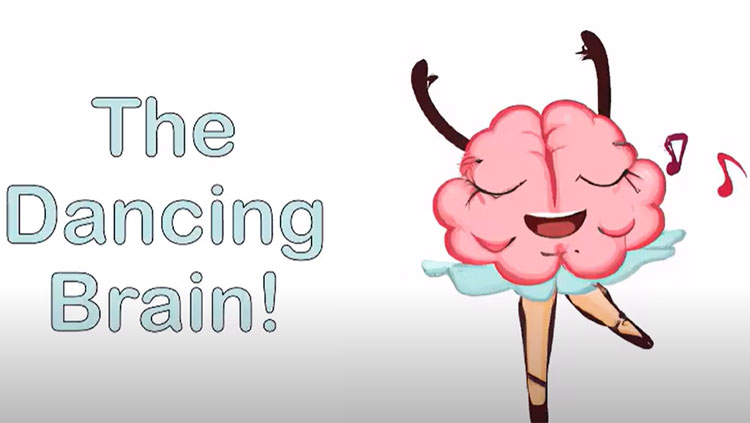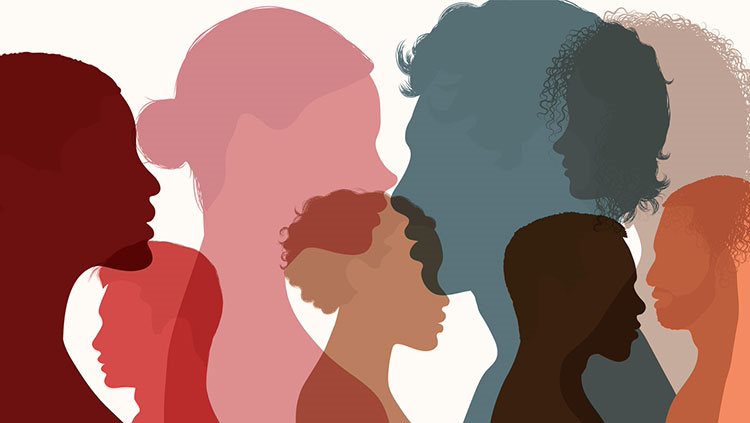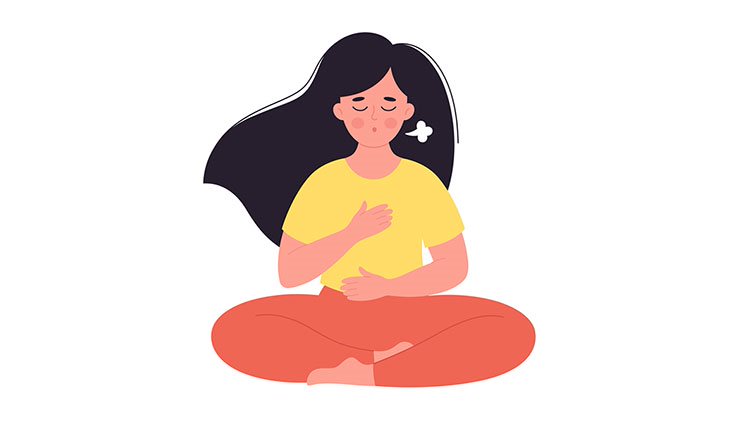Empathy and the Brain
- Published10 Jun 2014
- Reviewed22 Jan 2015
- Source BrainFacts/SfN
Empathy enables us to understand and share another person’s feelings. Our ability to empathize relies on a special class of motor neurons called mirror neurons. This video, created by Georgia Gwinnett College students Ann Gillman and Kat Kelkenberg for the 2014 Brain Awareness Video Contest, illustrates the important role that mirror neurons play in mimicking and understanding emotions.
CONTENT PROVIDED BY
BrainFacts/SfN
Transcript
Kat: What is empathy?
Ann: Empathy is the ability to understand and share other people’s feelings and emotions. For example, when someone is laughing, it makes you want to start laughing too. Or, imagine what happens if you see someone stub their toe. Did you wince as if it hurt you? This is empathy.
Kat: That’s it? That’s easy.
Ann: Well, the start of it anyway.
Kat: You mean there’s more?
Ann: Yeah! Empathy is a broad and complex topic, kind of like a huge forest. I’ll teach you about one important part of empathy, kind of like picking one tree out of the giant forest. The human brain is made up of special cells called neurons.
Kat: What do neurons do?
Ann: Neurons communicate with each other in order to help us live, eat, breathe, and be who we are. One class of neurons are motor neurons. Motor neurons help our muscles move.
Kat: Like running and kicking?
Ann: Exactly. A very important sub-class of motor neurons are mirror neurons. You know how when you make a face at a baby, it copies you?
Kat: Yeah, that’s so cute.
Ann: They copy you because of mirror neurons. Most every expression we make is because we’ve seen another person do it. We couldn’t do that without mirror neurons. When we make faces, we learn the emotions behind those expressions. So when we see someone making a sad face, we have the capability to understand that they are sad by remembering what it feels like when we’ve made that face. This allows us to be able to empathize and then try to help that person feel better.
Kat: So that’s empathy?
Ann: Yeah, that’s empathy.
Kat: That’s awesome.
Also In Anatomy
Trending
Popular articles on BrainFacts.org


